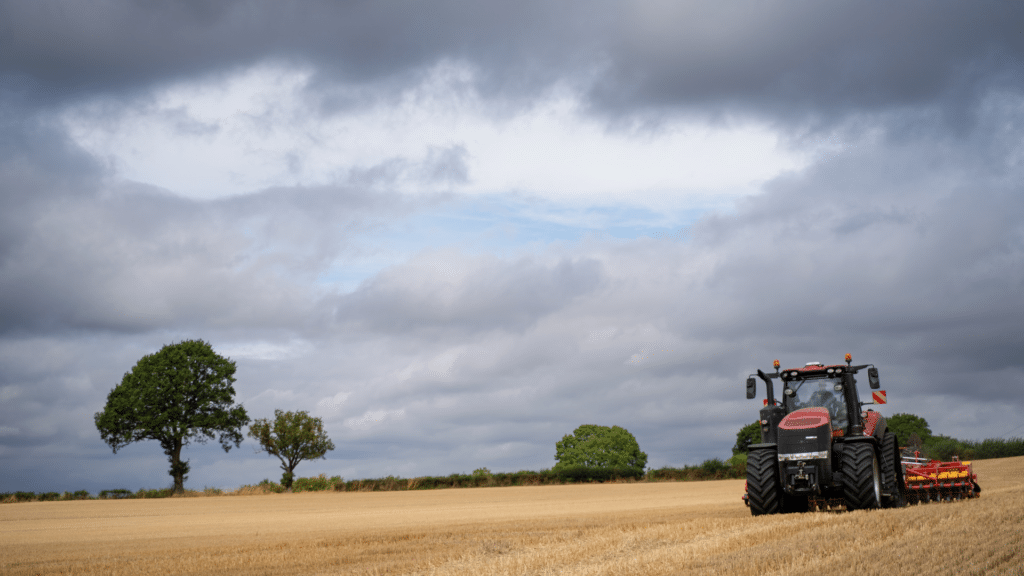Lease / Licence / Lost for Good? Agriculture Law
This note is in relation to a change in the law that happened almost 25 years ago and therefore one doesn’t expect to come across it too often today; and yet I’ve been asked to advise on three in the past few months so, clearly, the problem is still out there.
I’m talking about occupation of agricultural land and the morphing of a grazing licence into a lease enjoying the full protection of the Agricultural Holdings Act 1986.
The licence, when originally granted, was probably only intended to bestow upon the occupier very limited rights and, almost certainly, no security of tenure. So how is it that someone originally allowed onto land for less than a year, and offered nothing more than a mere licence – and who possibly even signed a formal Licence Agreement to that effect – is now able to claim a protected tenancy? Further, in some cases, the occupier can claim that this tenancy will never end!
But first, some basics: In general terms, a licence is personal to the person to whom it is granted, and does not create a legal interest in land. A lease, on the other hand, grants all sorts of statutory and contractually protected rights. Further, where a lease is governed by the provisions of the ’86 Act, it is very difficult indeed for a landlord to bring it to an end. The tenant will have to commit one of the “seven deadly sins” (an article for another time), die, or be incentivised to go! In two of my recent cases, the land owners were negotiating with developers and only discovered, quite late in the day, that they had a problem providing vacant possession.
The difficulty arose with the coming into force of the Agricultural Tenancies Act on 1 September 1995. At that point, many licences and unwritten tenancies were automatically converted into ’86 Act tenancies; whether or not this was what the parties had intended. Thus, a bit of scrubby land, or a small paddock, where a local farmer has been allowed to run his sheep since the early nineties, often for little or no rent (another article?) can now claim protected rights of occupation. Further, because the original agreement was not a lease, and probably not in writing, it is highly unlikely that the standard clause prohibiting assignment applies. Meaning that a tenant may assign the lease to a limited company which, of course, can go on forever!
So, if you own land which may have been occupied by another for agricultural purposes since before 1 September 1995, and there is no written tenancy agreement, or you believe the occupier to have nothing more than a licence, then give me a call. It may be possible to prevent the tenant assigning the lease by service of an appropriate notice, and there may be actions you can take to guard against claims for ’86 Act protection. In my experience of dealing with these cases, it is always far better to be proactive rather than reactive; even if that action is only taking specialist advice and knowing where you stand.




